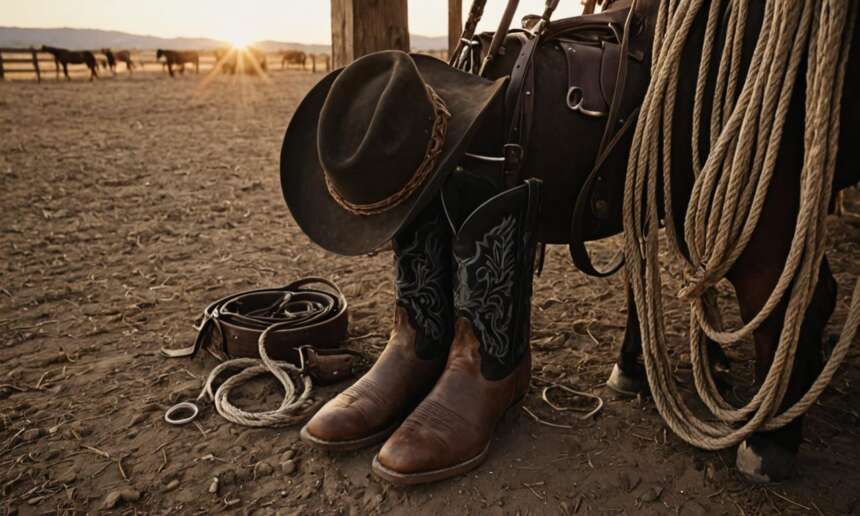Understanding the role of a livestock agent is essential for those involved in agriculture, animal husbandry, and the livestock industry. A livestock agent acts as an intermediary between livestock producers and buyers, facilitating the sale and purchase of livestock, including cattle, sheep, pigs, and poultry. These professionals play a crucial role in ensuring efficient transactions and maintaining the health and welfare standards of the animals involved.
Responsibilities of a Livestock Agent
A livestock agent’s responsibilities encompass a wide range of tasks aimed at ensuring successful transactions and promoting the interests of both buyers and sellers. These responsibilities may include:
- Marketing livestock to potential buyers through various channels such as auctions, private sales, and online platforms.
- Evaluating the quality and condition of livestock for sale, including factors such as weight, health, and breed standards.
- Negotiating prices and terms of sale that are acceptable to both parties involved.
- Arranging transportation and logistics for the movement of livestock from the seller’s location to the buyer’s premises.
- Providing advice and assistance to clients on matters related to animal husbandry, breeding, and market trends.
Skills and Qualifications
To excel in the role of a livestock agent, individuals require a combination of skills, knowledge, and experience. Some essential qualifications and attributes for this profession include:
- Deep understanding of livestock breeds, behavior, and health management practices.
- Excellent communication and negotiation skills to facilitate successful transactions between buyers and sellers.
- Knowledge of market dynamics and trends affecting the livestock industry.
- Strong organizational abilities to manage multiple transactions and clients simultaneously.
- Attention to detail and the ability to assess the quality and condition of livestock accurately.
- Flexibility and adaptability to work in diverse environments, including auctions, farms, and offices.
Importance in the Livestock Industry
Livestock agents play a crucial role in the functioning of the livestock industry by bridging the gap between producers and consumers. Their expertise helps streamline the buying and selling process, ensuring fair prices and quality standards are maintained. Additionally, livestock agents contribute to the overall efficiency and profitability of livestock operations by providing valuable insights and advice to their clients.
In conclusion, a livestock agent serves as a vital link in the livestock supply chain, facilitating transactions and providing valuable support and guidance to producers and buyers alike. Their role encompasses various responsibilities, from marketing and negotiation to logistics and advisory services. With the right skills and qualifications, livestock agents play an indispensable role in driving the success and sustainability of the livestock industry.
Challenges Faced by Livestock Agents
Despite the critical role they play, livestock agents encounter various challenges in their profession. Some of these challenges include:
- Market Volatility: Fluctuations in market prices and demand can pose challenges for livestock agents in negotiating favorable deals for their clients.
- Regulatory Compliance: Adhering to regulations related to animal welfare, transportation, and sales can be complex and time-consuming for livestock agents.
- Competition: The competitive nature of the livestock industry means that agents must continuously differentiate themselves and provide added value to attract clients.
- Technological Advancements: Keeping pace with advancements in technology, such as online trading platforms, requires ongoing learning and adaptation for livestock agents.
Ensuring Animal Welfare
One of the paramount concerns for livestock agents is ensuring the welfare of the animals involved in transactions. This involves not only assessing the health and condition of the livestock but also advocating for humane treatment and handling practices throughout the buying and selling process.
| Aspect | Considerations |
|---|---|
| Health | Regular health checks and adherence to vaccination schedules are vital to maintaining the well-being of livestock. |
| Transportation | Proper handling during transportation, including adequate ventilation and space, is essential to minimize stress and injuries. |
| Handling | Gentle handling techniques and avoiding rough treatment help minimize stress and ensure the safety of the animals. |
Frequently Asked Questions
- How do livestock agents determine the value of livestock?
Livestock agents assess various factors such as breed, age, weight, health condition, and market demand to determine the value of livestock. - Are there specific certifications required to become a livestock agent?
While specific certifications may vary by region, a solid understanding of livestock management practices and market dynamics is typically essential for aspiring livestock agents. - What role do livestock agents play in ensuring food safety?
Livestock agents indirectly contribute to food safety by facilitating the sale of healthy animals raised in compliance with relevant regulations and standards.




